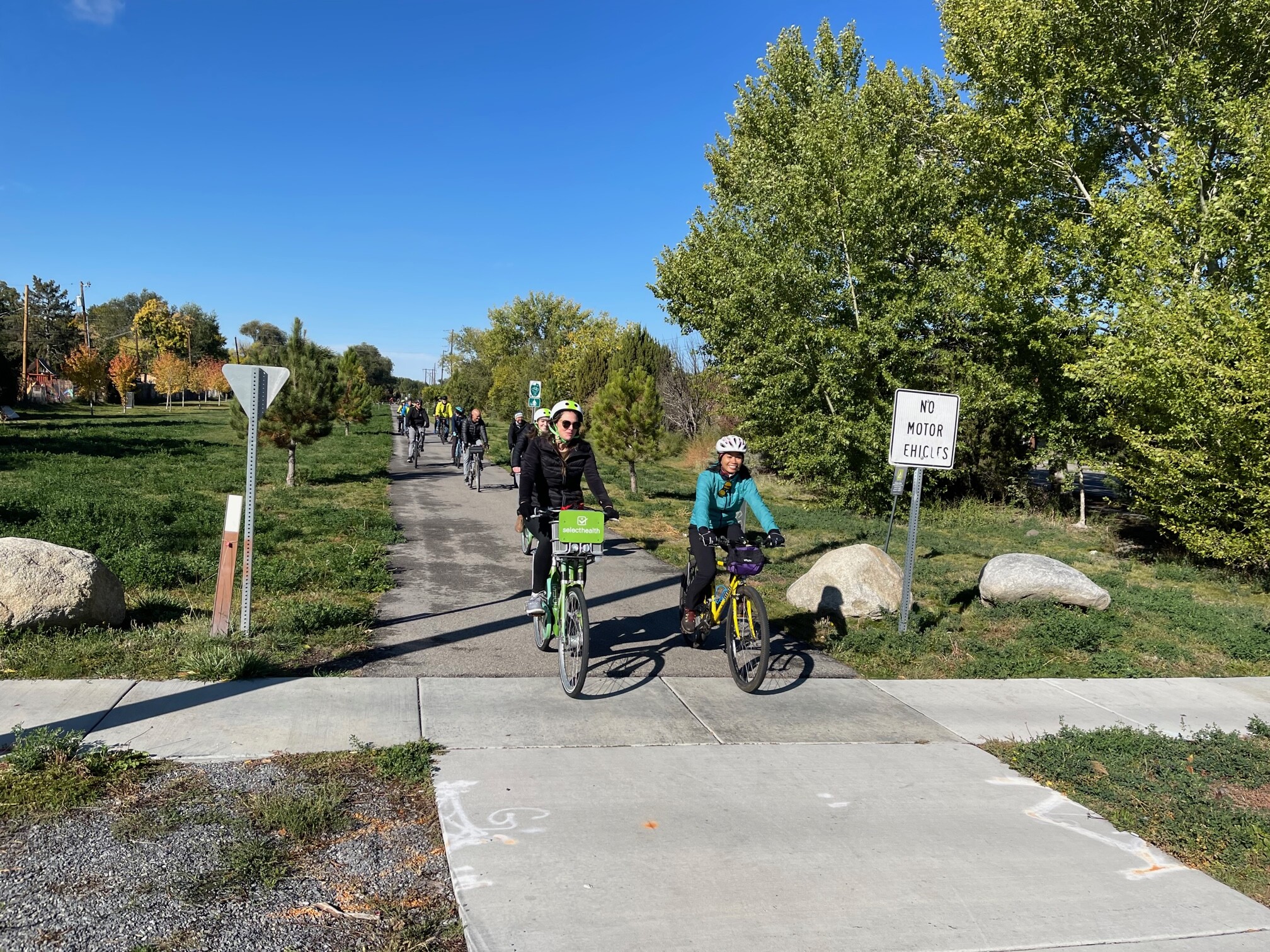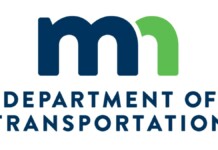WASHINGTON, D.C. (January 19, 2023) — Rails-to-Trails Conservancy (RTC), the nation’s largest trails and active-transportation advocacy organization, today launched the TrailNation™ Collaborative, a new community where public leaders, advocates and professionals will come together to advance the development of trail and active-transportation networks across the country. According to RTC, this collaborative is filling an unmet need for peer learning and collective action—leveraging the unprecedented demand for safe places to walk, bike and be active outside alongside a once-in-a-generation opportunity for public funding to create connected systems of trails, sidewalks and protected bike lanes in every community in America.

“This momentum is a result of decades of advocacy, the determination of the trail-building community, and the ingenuity it takes to envision a future where trail networks are embraced as fundamental to the quality of the places where we live, work and play,” said Liz Thorstensen, RTC’s vice president of trail development and the thought leader behind the TrailNation program.
“RTC began our TrailNation work to prove what is possible when trail networks are central to community design. Over the past decade, our aspirations have grown. Now, we want to ensure that trail networks—and all they deliver—are at the forefront of how communities prioritize resources. How places are designed, and whether they are safe and convenient for everyone to walk, bike and be active outside, can make all the difference,” said Thorstensen.
The recent influx of federal dollars and growing demand for trails are the catalysts for the TrailNation Collaborative’s vision to ensure that trail and active transportation networks are prioritized in the nation’s infrastructure plans.
Trail use increased 9.5% nationwide in 2022, nearly on par with 2020 levels, which was the most significant year on record, according to recent RTC analyses. The federal Bipartisan Infrastructure Law that passed in 2021, more than doubling funding for trails, walking and biking, emphasized the important role of trails and active transportation as climate and equity tools. In addition, the bill established a new program that provides dedicated funding for the planning and construction of safe and connected trail and active-transportation networks and long-distance spine trails, the Active Transportation Infrastructure Investment Program (ATIIP). Since then, trail and active transportation networks have proven competitive in the majority of federal transportation programs for which they’re eligible—including in the multimodal RAISE program, where the majority of projects have accounted for the needs of bicyclists and pedestrians, and most recently, the Fiscal Year 2023 Omnibus Appropriations Bill, where 29 states secured earmarks for trails, walking and biking.
“This is an unprecedented opportunity moment for trail networks,” said Ryan Chao, president of RTC. “We’ve known for years that the demand for connected trails has been growing at rates that outpace the supply across the country. There’s now more funding than ever before to meet this growing need and accelerate trail network development across counties, states and the country. Together, the TrailNation Collaborative and its hundreds of change agents will lead a paradigm shift to incorporate trail networks as equitable and essential infrastructure in America.”
The TrailNation projects and RTC’s extensive network of partners will serve as the foundation for the TrailNation Collaborative. The collaborative provides proven tools, methods and resources, combined with RTC’s expertise and network of partners across the country, to accelerate the development of connected trail systems.
“TrailNation Collaborative will help the doers, planners and advocates working to connect trails in their neighborhoods and across regions to more quickly unlock the benefits that trail networks uniquely deliver,” said Mary Ellen Koontz, RTC’s TrailNation Collaborative lead. “Together, we’re going to tackle what it takes to create trail networks at the pace we need to meet growing demand and take advantage of the funding opportunities available. Anyone interested in creating trail networks in their community can benefit from the ideas, expertise and resources we will crowdsource together.”
RTC’s TrailNation initiative, along with the work of hundreds of on-the-ground partners nationwide, is redefining what it means to build trail networks and the impact these equitable systems can have on people and places. To learn more about TrailNation and sign up for the no-cost collaborative, visit: railstotrails.org/trailnation.











